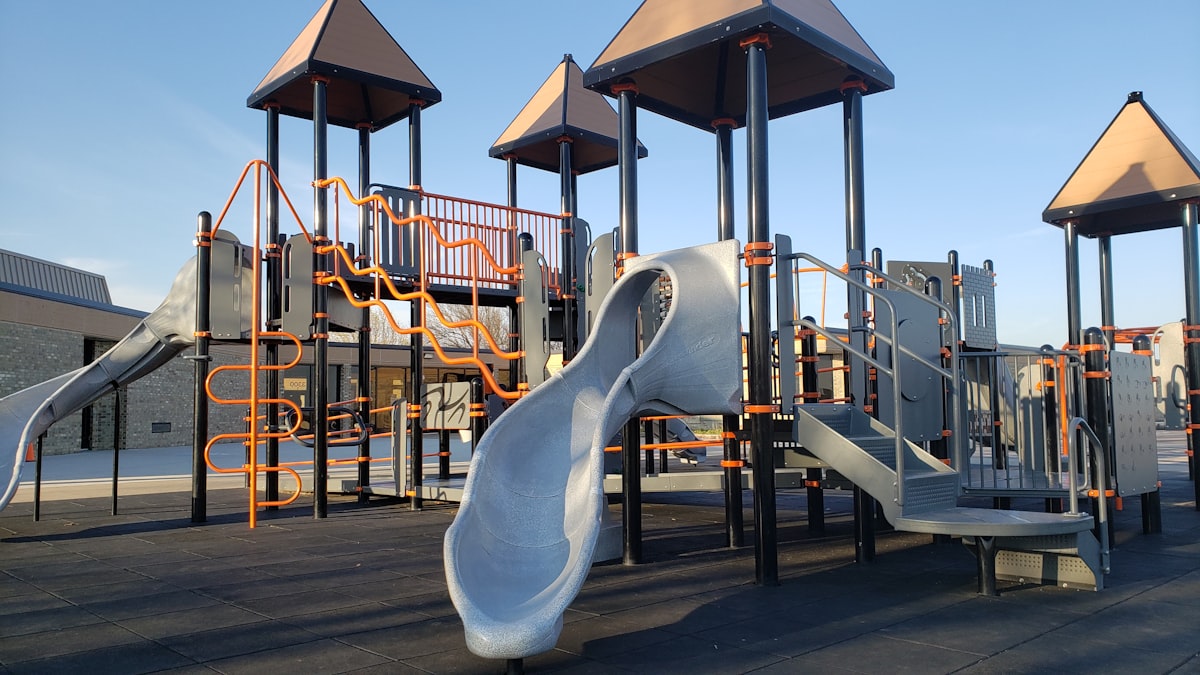Active Versus Passive

In finance, there is a lot of ink spilled and Twitter beefs started in the debate between active and passive investing. At a high level, active investing means betting on specific investments to outperform the rest of the market. Since the internet made information accessible to everyone, it takes more work and more time to invest actively. The higher cost to find investments means it's more expensive to buy actively managed investments like hedge funds, private equity, active mutual funds, etc. Investments can underperform for long periods before paying off; sometimes, they never pay off.
In contrast, passive investing doesn't make active bets. Managers instead buy a small piece of every investment in the index and match the index's performance. Because there's less analysis and fewer decisions to make, passive investing is almost always cheaper than active. Passive investors effectively choose to be average and have no chance to outperform the market in the long run.
While on sadadical, I've spent a lot of time at parks, playgrounds, and libraries. I'm around other parents and grandparents every day, and it's fascinating to see how differently we all interact with kids. Some parents get involved in every game, craft, or story. Others sit somewhere off to the side and scroll on their phone or read a book.1
In other words, there are two types of parents: active and passive.
Active parents get down in the dirt to play with their kids. They get on the swing. They sit together at story hour, sing the (awful) songs, and play the (usually awful) games. They collect leaves and sticks to take home for crafts. They throw rocks in the creek. They're not afraid to get dirty or embarrass themselves.
Passive parents sit and watch while their kids play, read, sing, or dance. Or worse, they play on their phone, more engrossed in their social media feed than their kids. They're either bored of their kids or are scared to get involved and risk embarrassing themselves.
All parents have a portfolio of time as active and passive. Sometimes you need to put the kids in front of the TV to get some work done or cook dinner. All parents have moments of being tired or burned out or satisfied with the collection of leaves and sticks already at home.
It comes down to how you show up MOST of the time. Can your kid rely on you to be present, attentive, and screen-free when you're playing together? Or, like someone I saw recently, do you argue with your grandchild that you weren't on your phone when you very obviously were? There's a saying I love: "Don't tell me your priorities, show me your calendar." When it comes to parenting, don't tell me how attentive you are, show me your phone's screen time.
It's a lot like active and passive investing.
Active parenting is (much) harder. It takes more time and is more expensive in terms of energy, attention, focus, and patience. Since kids don't have a solid gratitude practice, you can feel like you're underperforming for a long time before the investment pays off. Hopefully it does someday.
Passive parenting is cheaper in terms of energy, attention, focus, patience, and time. But passive parents choose to be average. There's no chance to outperform in the long run. I have zero data on this, but I'd guess most passive parents regret the decision to be average.
While I'm a firm believer in passive investing, I'm even firmer in my belief in active parenting. Like in investing, past performance of other active parents does not guarantee future results. But I believe it's the more rewarding path, and investments will pay off in the long run.
The best version of this parent I saw was wearing AirPods, scrolling his phone with one hand, and pushing his kid on a baby swing with his other hand. He did it for 20 minutes, and I don't think he interacted with his kid once. I have no idea how he managed, but I think I was impressed. I've only seen him once, so I'm not sure he actually exists. ↩︎